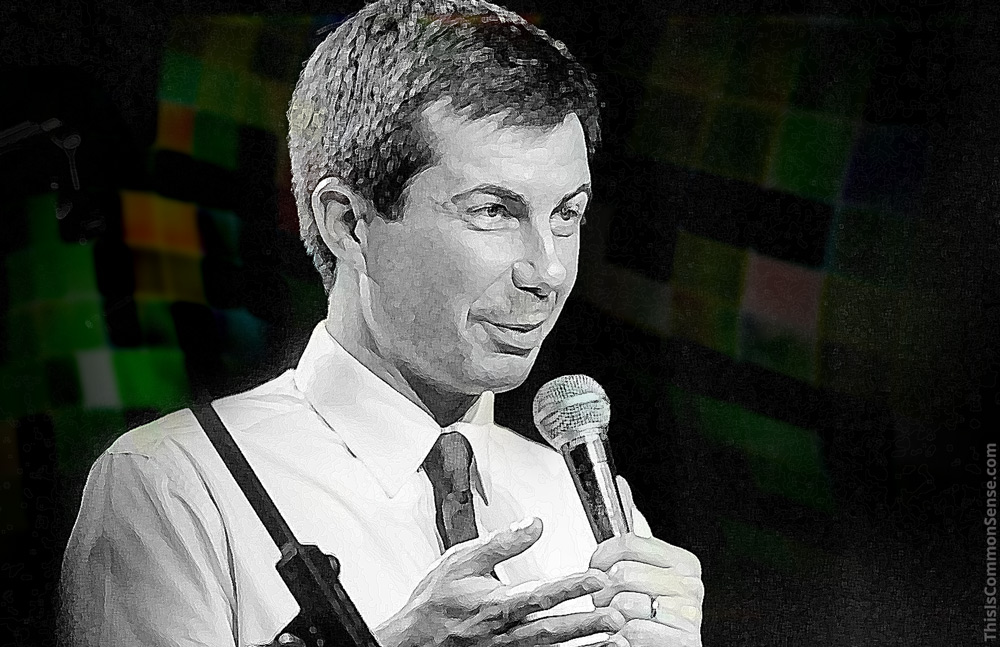Reason magazine’s Nick Gillespie finds “a lot” to like about Pete Buttigieg. He sees a candidate “who at his best represents a new generation in American politics and a principled unwillingness to go along with the most free-spending plans of his rivals for the Democratic presidential nomination.”
I have so far resisted the charms of the Mayor of South Bend, Indiana.
He seems dangerous to me, in part because he cuts quite a figure while appearing so calm and reasonable.
But Mr. Gillespie is not making a case for Buttigieg. The Reason editor has noticed a growing set of downsides to the pol, writing that as Buttigieg “starts to unveil more and more plans — to pack the Supreme Court, say, and to call for national service — he becomes less appealing,” which, if anything, understates the situation.
You see, Buttigieg “wants to destroy the gig economy in order to save it.”
Gillespie provides that “takeaway” from the campaign’s proposal, “A New Rising Tide: Empowering Workers in a Changing Economy.” Gillespie explains that the plan’s “focus is to force more regulations on employers and increase unionization among workers, neither of which is likely to make it easier for the economy to grow or the workplace to ‘more easily adapt’ to the needs of suppliers, workers, or consumers.”
There is a lot about the current labor markets (at record all-time highs, says the President) that definitely would not be helped by a plan to “organize” labor using the old idea of the strike-threat system.
Like a lot of Buttigieg’s positions, they seem warmed-over yesteryear progressivism.
FDR, but modernly packaged.
Making Big Government even bigger.
This is Common Sense. I’m Paul Jacob.

—
See all recent commentary
(simplified and organized)

1 reply on “The New New Dealer”
“Making Big Government even bigger.’
Government will continue, inexorably, to grow over time. The bigger it grows, the more funding it needs. The more funding government needs, the smaller the pool of funds which will enable private industry to grow and prosper. I fear we are already past the point of no return — until we run out of other people’s money.